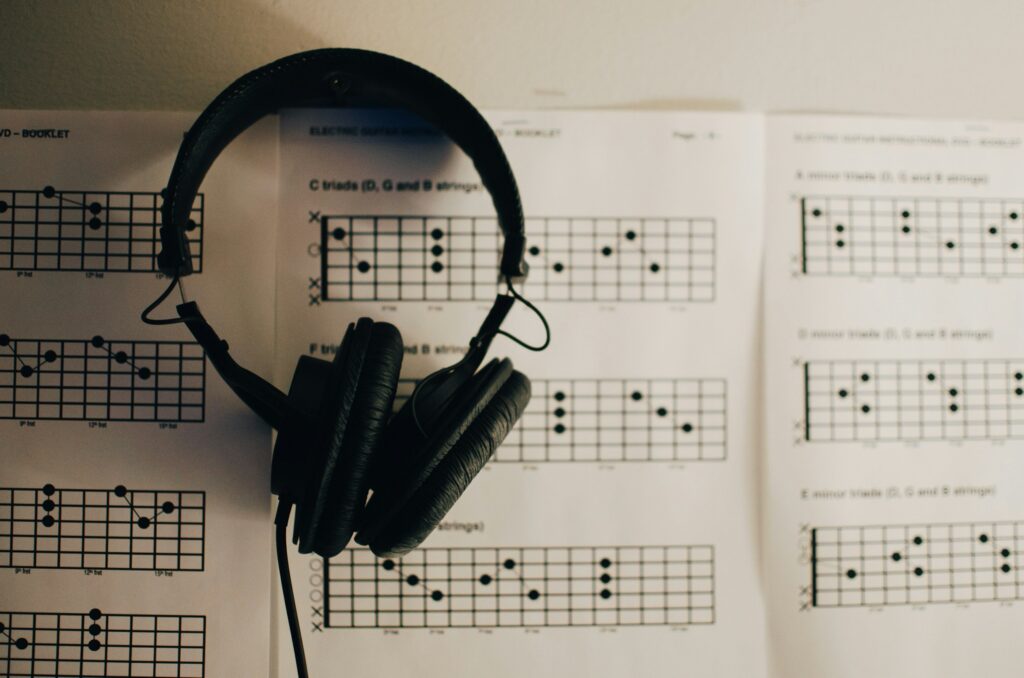Music has long been recognized as a universal language that transcends cultural and linguistic barriers, offering comfort, inspiration, and a sense of connection. In recent years, the therapeutic benefits of listening to songs have gained increasing attention, particularly in the context of mental health and emotional well-being. Whether it’s a soothing melody that calms the mind or an empowering anthem that lifts the spirits, music has the power to heal in ways that words alone often cannot.

One of the most significant ways music facilitates healing is by providing an emotional outlet. Listening to songs that resonate with one’s feelings can help process complex emotions such as grief, sadness, or anger. For instance, a melancholy ballad might mirror the pain of loss, allowing the listener to experience and release their emotions in a safe and controlled manner. This cathartic effect can be especially beneficial for those struggling with mental health issues, offering a non-verbal means of expressing and understanding their emotions.
In addition to its emotional impact, music has been shown to have tangible physiological benefits. Research has demonstrated that listening to music can reduce stress, lower blood pressure, and decrease levels of the stress hormone cortisol. This is because music has the ability to trigger the release of dopamine, the brain’s “feel-good” neurotransmitter, which induces a state of relaxation and well-being. Slow, calming songs, in particular, can help slow down the heart rate and promote a sense of tranquility, making them an effective tool for managing anxiety and stress.

Music also plays a crucial role in fostering connection and community, which are vital components of healing. Shared musical experiences, such as singing along to a favorite song or attending a live concert, can create a sense of belonging and solidarity. This communal aspect of music can be especially healing for individuals who feel isolated or disconnected, providing a reminder that they are not alone in their experiences. Moreover, music can serve as a bridge between different cultures and generations, fostering empathy and understanding in a way that few other mediums can.
In conclusion, the healing power of music lies in its ability to touch the deepest parts of the human soul. Whether through emotional catharsis, physiological relaxation, or the creation of a sense of community, listening to songs offers a powerful form of therapy that can enhance mental and emotional well-being. As we navigate the challenges of modern life, incorporating music into our daily routines can provide a source of comfort, strength, and healing that is both accessible and profoundly effective.




